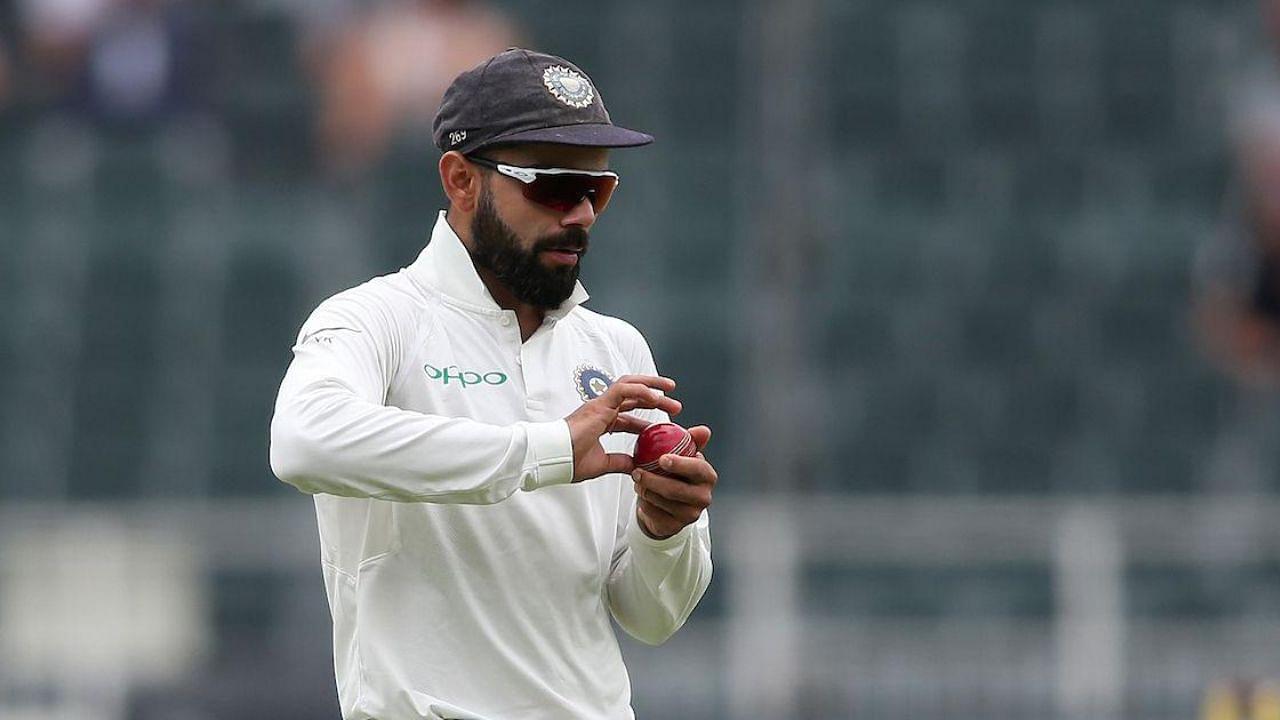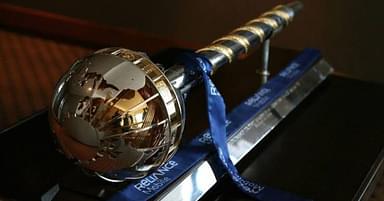Saliva Ban in cricket: Ban on applying saliva on a cricket ball will be among a few upcoming rule changes in the sport.
Advertisement
In spite of being a sport liked by traditionalists, cricket has continued to evolve over the years. It is this perpetual evolution of the game which has made it more relevant and exciting especially among modern-day youth.
This evolution wouldn’t have been possible without multiple rule changes made to the sport. Notwithstanding the complexity of a sport like cricket, lawmakers have been able to tinker with the laws to adjust with changing times and situations.
A primary reason behind some of the rules belonging to cricket being tampered with time and again is to ensure that both rules and cutting edge technology go hand in hand.
ALSO READ: What is the new Over Rate rule for ODI Cricket?
Even ICC’s (International Cricket Council) latest chief executives’ committee meeting had space for not one but several rule changes. The most stark out of all the latest rule changes is ICC completely banning the use of saliva on a cricket ball.
Deep Dasgupta wants ICC to reconsider Saliva Ban in cricket
Former India wicket-keeper batter Deep Dasgupta has spoken against ICC totally banning the use of saliva. Dasgupta, 45, took to social media platform Twitter to post a video praising all other rule changes but expressed his unwillingness to accept that saliva will no longer be allowed to shine a cricket ball.
Hoping that the global body would perhaps reconsider its decision, Dasgupta didn’t shy away from perceiving saliva ban as a ban on the “art of reverse swing”. Readers must note that former Australia opening batter Matthew Hayden had also expressed disapproval around saliva ban in the past.
“One rule which I don’t really accept and I think it’s not good for cricket is the permanent ban on saliva,” Dasgupta said in a video posted on his Twitter handle. “I think that does help the non-subcontinental countries a little more. But for subcontinental countries, it does not make sense.
“And more so, I think it’s not just a ban on saliva but a ban on the art of reverse swing because we’ve haven’t seen the ball reversing at all [post the ban on saliva] or maybe very very little. Not enough [reverse swing] to make a difference in a game of cricket.”
Saliva, a vital component for shining the ball, was used for the same purpose since time immemorial in cricket. It was only after the outbreak of COVID-19 pandemic that ICC had introduced a 5-run penalty for using saliva to shine a cricket ball. The fear of playing in a global pandemic was such that umpires used to wipe a cricket ball if anyone was found using saliva on it.
While bowlers had hoped for ICC to introduce shining wax, bowler-friendly wickets or other alternatives to shine a cricket ball, only sweat was allowed as a last option. On the other hand, Australia batter Marnus Labuschagne and India spinner Ravichandran Ashwin had both urged cricketers to adapt to saliva ban amid COVID-19 scare.


